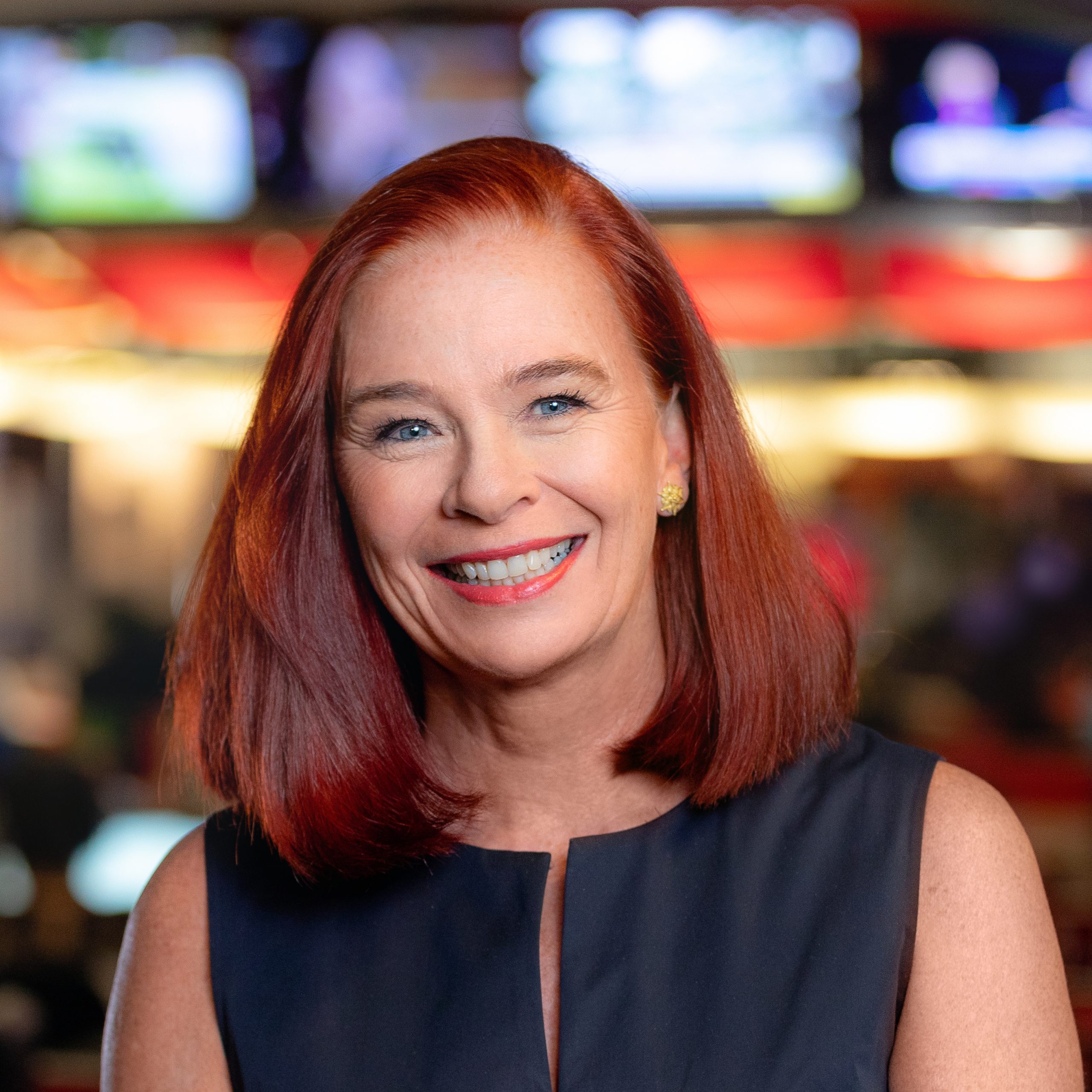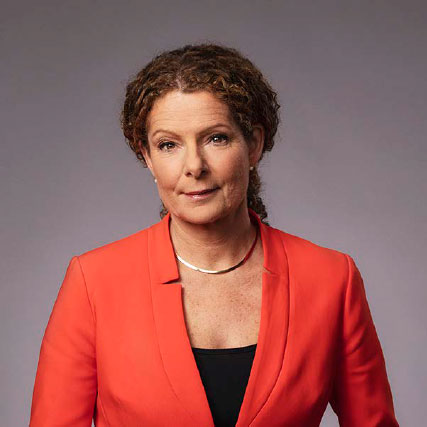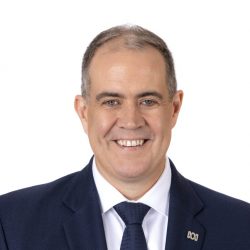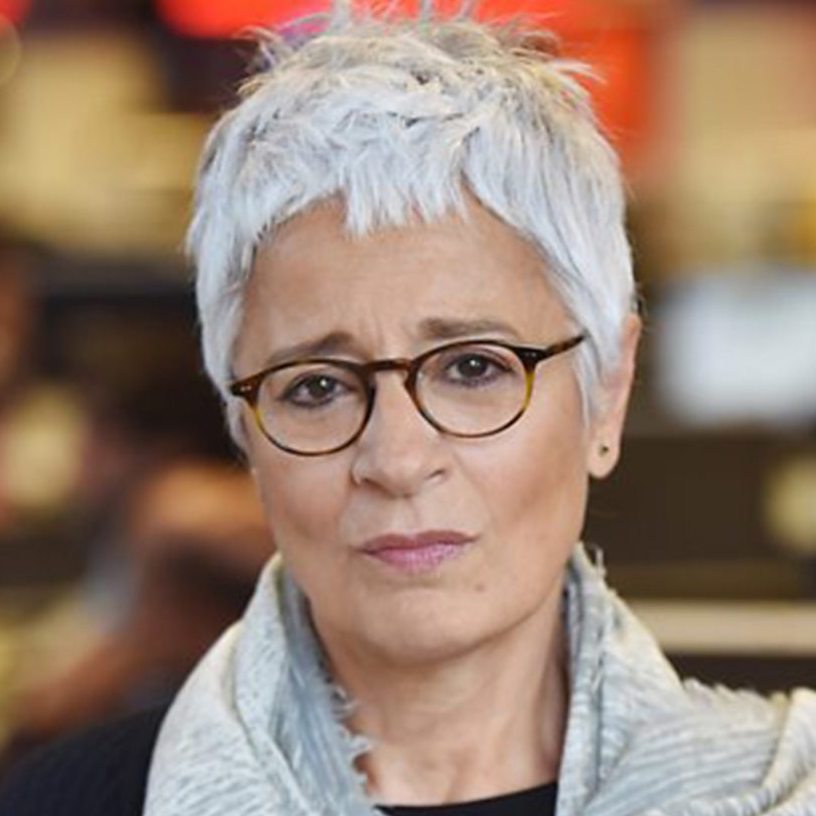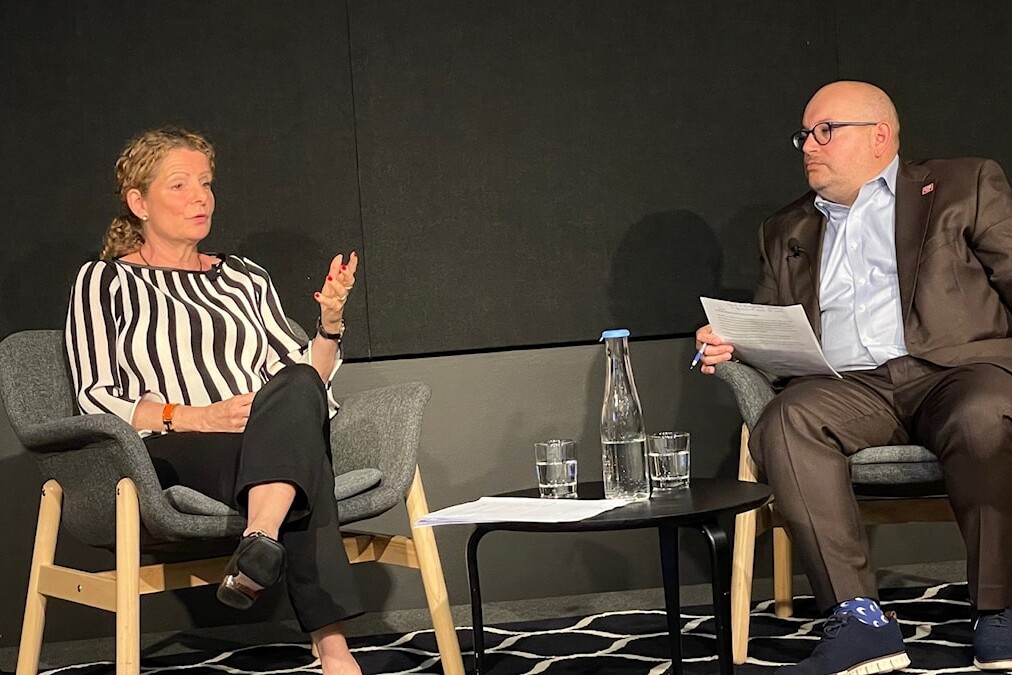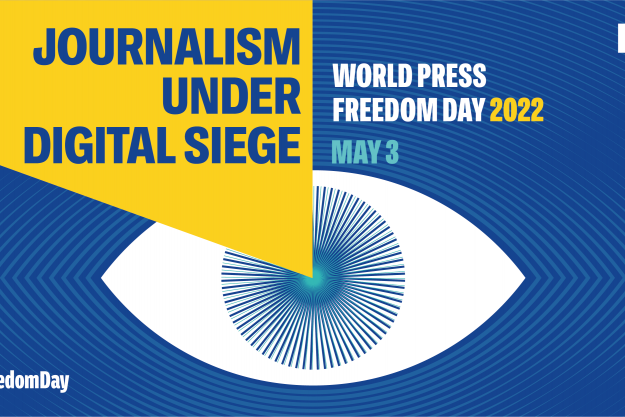To mark World Press Freedom Day 2022, the heads of some of the world’s largest public service media organisations highlighted how press freedom cannot be taken for granted.
With core values that include editorial independence, impartiality and accountability, public media are one of the most trusted sources of news and information. The existence of well-funded public media has been proven to strengthen the health of democracies worldwide.
But when independent public media journalists and their organisations become the subject of online harassment campaigns, intimidation, and abuse – as they increasingly are within the digital era and widespread mis- and disinformation – this can have detrimental impacts on the free flow of information. Attempts to silence journalists can make it far more challenging for citizens to stay informed on issues that matter. Declining public and political support have also led to increased attacks from state and non-state actors.
On World Press Freedom Day 2022, public media leaders spoke out about the realities of journalist safety, considering the Russia-Ukraine war and other crises and ongoing issues of concern, and how their organisations are responding to growing attacks. Their shared concern is that press freedom and independent public service media can no longer be taken for granted, even in more consolidated democracies.
Catherine Tait
President and CEO, CBC/Radio-Canada & Chair, Global Task Force for Public Media
“Without a strong and free press, democracies cannot function. Every day, journalists work to ensure that we all have information — true, accurate information — about our governments and what’s happening around us. For that, they are increasingly under attack.
Journalists will continue the hard work they do, every day. Because the antidote to fake news is trusted news — and lots of it. That’s how we strengthen our democracy.”
There are three trends that most concern the leader of Canada’s national public broadcaster: “how social media is being used to abuse and intimidate journalists; how state actors and extremists are weaponizing these platforms to silence journalists; and how some are deliberately subverting facts and truth for personal, and even political, gain.”
What action has CBC/Radio-Canada taken?
In November 2021, CBC/Radio-Canada hosted the #NotOK forum as part of its wider campaign to double down on online harassment against journalists. The organisation is also calling on social media platforms to enforce their own guidelines and take quicker action to remove toxic messages, as well as asking the Canadian federal government to join efforts in other countries to support journalism and address the problem through legislation.
During PMA’s recent roundtable session on digital safety for journalists, CBC-Radio-Canada’s Senior Director of Security and Resiliency, Joe Hill, discussed what his team do on a daily basis to respond to online abuse, including the use of a designated inbox set up for journalists to report threats and harassment.
Cilla Benkö
Director-General and CEO, Swedish Radio
“Strong public service media exist side by side with strong commercial media. It is an effective dual system that clearly promotes a well-functioning democracy. But even in the Nordics, this cannot be taken for granted.
The rise of social media and other online tools could be a fantastic opportunity to expand freedom of speech, but today, so many journalists face constant anonymous threats online.”
For Ms Benkö, there are six key trends that contribute to the gradual erosion of press freedom. The widespread culture of impunity; the intimidation and interference that journalists face; the “drip-feed” narratives designed to devalue independent journalism, such as that traditional journalism is framed as being part of the problem rather than the solution; repressive regimes weaponising draconian laws; political pressure on independent public service media and the financial pressures on journalism.
What action has Swedish Radio taken?
Ms. Benkö has been a strong advocate for press freedom and for calling out when independent journalism is being threatened in Sweden and democracies worldwide. She said, “If we are alert, we can spot the threats, raise the alarm – and act, before it is too late.”
She called on leaders of media organisations to take more responsibility. To cast light in public debate on the intimidation and pressure on journalists worldwide; to ensure – as a responsible employer – that leaders properly support journalists’ safety and security such as providing training in physical security, IT security and how to identify disinformation campaigns. As well as this, to always “ensure that abuse of journalists are reported to the police.” As Benkö emphasises: “Underreporting breeds impunity”.
Read more: Threats to independent journalism in democracies around the world
She also called on politicians to safeguard media freedom and freedom of speech; to consider EU membership criteria more rigorously; and to do “whatever they can to protect journalists from threats and harassment.” Her other suggestions were reviewing legislation and equipping “the legal system to handle the abuse and threats that we now see in a world of digital communication and social media” as well as requiring police to take threats seriously.
“Nowhere in the world can we afford to take media freedom for granted.” Cilla Benkö, CEO of Swedish Radio, presents on the state of press freedom. “Impunity sends the worst signal that society thinks this is okay.”#worldpressfreedomday pic.twitter.com/429uXYlaJp
— International Women’s Media Foundation (@IWMF) May 3, 2022
David Anderson
ABC Managing Director
“We have all felt and observed a rise in online hate and abuse directed at our media professionals, and we have seen the devastating cumulative impact of this daily bullying.
The ABC has made a significant investment in the structures and policies and processes to support journalists and staff. But all journalists need to know they’re not alone and that there are resources they can use for their protection.”
Mr Anderson pointed out the disproportionate incidents of abuse against journalists online, especially against female journalists; Indigenous journalists; LGBTQIA+ journalists as well as those from cultural and linguistically diverse backgrounds.
What action has ABC taken?
On World Press Freedom Day, the ABC, in collaboration with Australia’s eSafety Commissioner, launched a set of best practice guidelines designed to help protect journalists and newsrooms from online abuse. The resources include tips for media organisations in supporting staff to manage and mitigate the risk of social media abuse. “They include some of the practical steps the ABC is taking to prepare for and respond to social media abuse and continue the ABC’s leadership in the space following last year’s CyberSafety summit.”
In November 2020, the ABC also appointed the organisation’s first Social Media Wellbeing Advisor, Nicolle White, a role dedicated to responding to the online abuse of ABC journalists. Ms White shared some of her tips in PMA’s Roundtable session in April.
Liliane Landor
Senior Controller BBC International News & Director BBC World Service
“As audiences continue to seek reliable information about the war in Ukraine, BBC content in any language, including Russian, has been blocked in Russia since early March. We continue to do everything we can to serve BBC News Russian audiences with trusted and impartial reporting, investigations, and analysis.
This World Press Freedom Day we stand by journalists around the world as they fight to overcome the increasing challenges, threats and harassment facing our profession today.”
We remain committed to reaching audiences in Russia with trusted and impartial news.#WorldPressFreedomDay #JournalismIsNotACrime pic.twitter.com/Z49ImS6hd5
— BBC News Press Team (@BBCNewsPR) May 3, 2022
What action has BBC taken?
Ms. Landor added that despite blocking, there are “still millions of people in Russia accessing BBC News content using circumvention and other means.” The BBC World Service’s now stands at a 364 million weekly audience.
Ms Landor also recently spoke out about the “escalating harassment” of BBC Persian journalists in Iran in the past decade, particularly against female journalists. In February, the BBC filed an urgent complaint against Iran with the United Nations over the ongoing harassment and sanctions against BBC News Persian journalists and their families. Pressures include frozen assets, leading to financial concerns; online harassment and death threats.
Other voices
46 journalistes tués en 2021, 480 toujours emprisonnés dans le monde, la désinformation progresse.
Jamais la liberté d’informer n’aura été aussi précieuse.
Merci à tous les journalistes qui nous informent, avec courage et parfois au péril de leur vie. @RSF_inter #WPFD2022— Delphine Ernotte (@DelphineErnotte) May 3, 2022
It’s #WorldPressFreedomDay! Hear from students on why journalism matters now, more than ever.https://t.co/QMYuQJoW8K
— PBS NewsHour Student Reporting Labs (@ReportingLabs) May 3, 2022
Proud to be a journalist every day- never more so, than on #WorldPressFreedomDay. pic.twitter.com/nOdEU1mdFA
— Jon Williams (@WilliamsJon) May 3, 2022
On #WorldPressFreedomDay we honor all journalists working tirelessly and risking their lives to bring us the information we need. The vital journalism public radio station newsrooms around the country do every day would be impossible without #PressFreedom https://t.co/XzAVwkTTbs
— John Lansing (@johnlansing) May 3, 2022
Header image: Social networking concept. Communication network. Credit: metamorworks/iStock
Related Posts
4th May 2022
#WPFD2022: Threats to independent journalism in democracies around the world
Swedish Radio's Director-General Cilla…
3rd May 2022
World Press Freedom Day 2022: themes from the past 12 months
For World Press Freedom Day 2022, PMA…
2nd May 2022
#WPFD2022: What we’re watching, reading, and listening to
For World Press Freedom Day 2022, we’ve…
